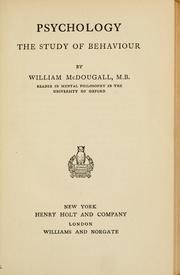
Photo from academic.microsoft.com
The sources of differential item functioning (DIF) items are usually identified through a qualitative content review by a panel of experts. However, the differential functioning for some DIF items might… Click to show full abstract
The sources of differential item functioning (DIF) items are usually identified through a qualitative content review by a panel of experts. However, the differential functioning for some DIF items might have been caused by reasons outside of the experts’ experiences, leading to the sources for these DIF items possibly being misidentified. Quantitative methods can help to provide useful information, such as the DIF status and the number of sources of the DIF, which in turn help the item review and revision process to be more efficient and precise. However, the current quantitative methods assume all possible sources should be known in advance and collected to accompany the item response data, which is not always the case in reality. To this end, an exploratory strategy, combined with the MIMIC (multiple-indicator multiple-cause) method, that can be used to identify and name new sources of DIF is proposed in this study. The performance of this strategy was investigated through simulation. The results showed that when a set of DIF-free items can be correctly identified to define the main dimension, the proposed exploratory MIMIC method can accurately recover a number of possible sources of DIF and the items that belong to each. A real data analysis was also implemented to demonstrate how this strategy can be used in reality. The results and findings of this study are further discussed.
Journal Title: Applied Psychological Measurement
Year Published: 2020
Link to full text (if available)
Share on Social Media: Sign Up to like & get
recommendations!